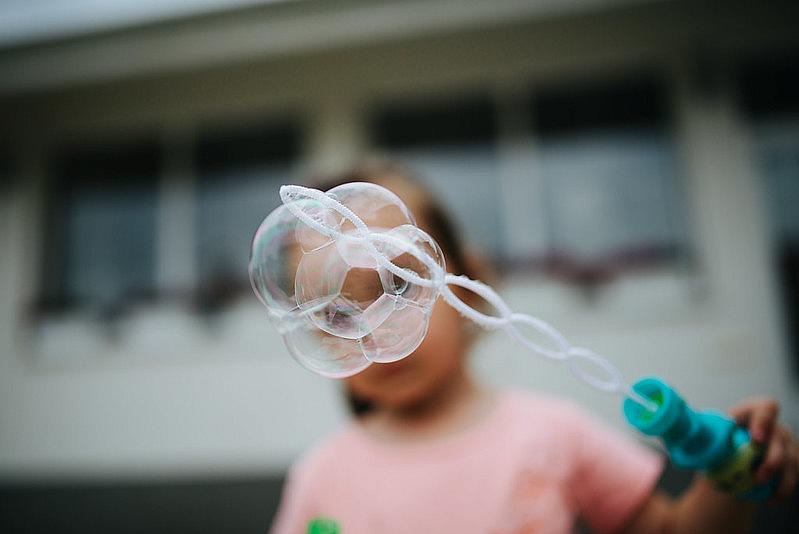The U.S. is facing a ‘state of emergency’ for children’s mental health

(Photo by Nenad Stojkovic via Creative Commons/Flickr)
For the past month or so I’ve been speaking with psychiatrists and psychologists at hospitals in different parts of the country who say they are deeply concerned about the mental health of our country’s children.
Kids are being brought to the emergency room because they want to take their own life, or they’ve tried to hurt themselves, and some children as young as 8 have intentionally overdosed on pain medication.
Connecticut Children’s hospital does universal suicide screening for every child age 10 and up, regardless of the reason that the child comes into the ER. Starting around the fall of 2020, about 25% of all the children indicated that they have had suicidal thoughts. That was nearly double the percentage the providers would normally expect to see. And this year, at any given time, about half of the kids in the pediatric emergency department at Children’s Hospital Colorado are experiencing a mental health crisis.
“The U.S. is in a state of emergency for children’s mental health — and if it is not addressed, kids will have chronic mental health problems that will affect generations to come,” Dr. Jenna Glover, a child psychologist at Children’s Hospital Colorado and assistant professor of psychiatry at the University of Colorado School of Medicine, told me. “It has been a problem for years and has reached a tipping point.”
Since 2016, the number of kids who end up in the ER for mental health reasons has been rising year over year, according to data from the Children’s Hospital Association. The pandemic, many say, only added fuel to the fire.
But some of the most concerning statistics involve children who die by suicide — there are stark racial disparities. The rate of suicide in Black children under 13 has been increasing over the last decade and is double that of white children. In June, JAMA Pediatrics published two editorials calling for more research and preventive efforts that target stigma and institutional racism.
My project for the 2021 National Fellowship, “Kids in Crisis,” will examine what effect racism has had on the mental health of Black children. What are the varied types of racism that children are encountering today and what can parents and communities can do to protect these children? Are childhood experiences of racism part of what is driving some of the racial disparities in suicidal behavior? I will explore these questions and more in my work for The New York Times.

